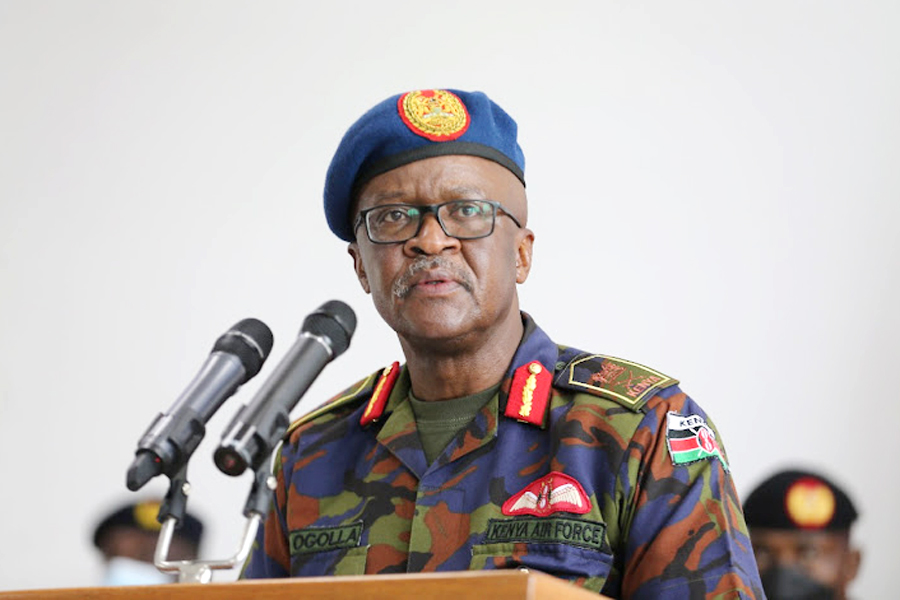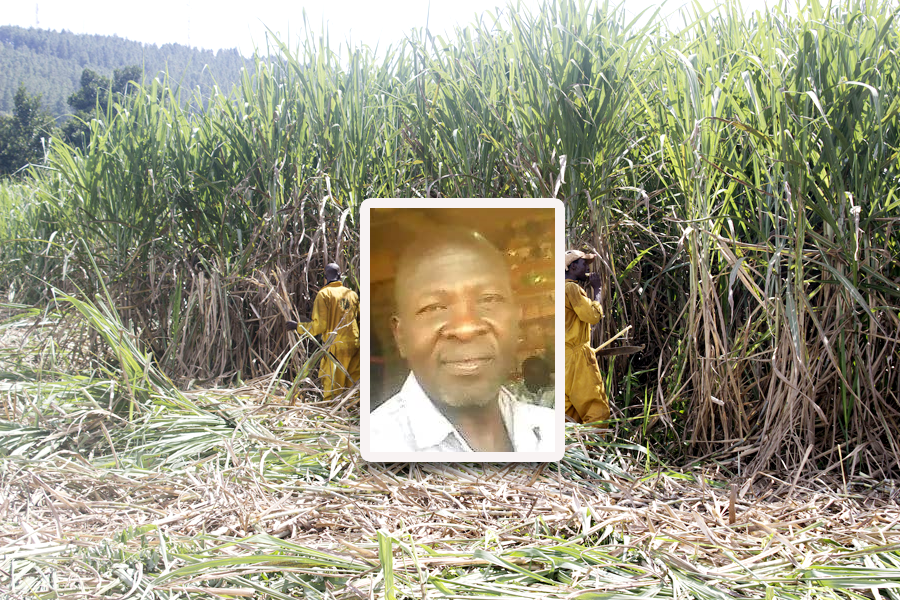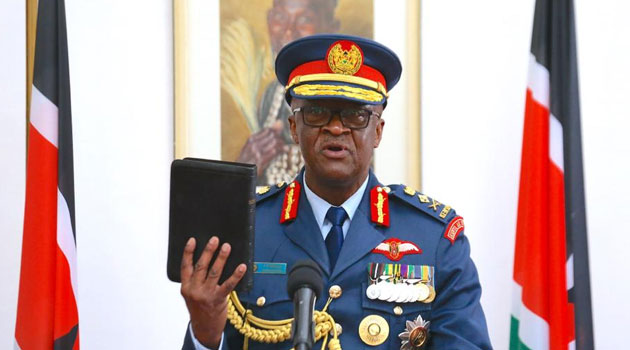OPINION: We can cater for development programming and still remain relevant
By Emma Were Belinda
President Museveni is a champion of media freedom presiding over the most free and active media landscape in East and Central Africa.
Liberalization of the Ugandan media industry in the 90’s, gave commercial radio and TV stations the opportunity to thrive and currently Uganda has over 200 licenced radio stations and more than 40 TVs.
With this background, Uganda should have one of the most robust and competitive media industry. Much as the masses have many options, the media lack in development content as most stations have concentrated on sensationalism and political programming.
The media often prefers sensational reporting because it can attract more attention and generate higher ratings or circulation, focusing on the more dramatic and emotional aspects of a story, rather than presenting a balanced and nuanced perspective.
This can include coverage of scandals, crimes, politics or other events that are likely to shock or outrage viewers or readers.
In a highly competitive media environment, media outlets are under pressure to attract viewers or readers to their content.
Sensational reporting/programmes can be a way to grab attention and generate interest in a story. This is because sensational stories are often more emotionally charged and can evoke stronger reactions from viewers or readers.
This generally attracts higher ratings or circulation. The more attention a media outlet can attract, the higher its ratings or circulation is likely to be. This can translate into higher advertising revenues or sales, which are crucial for the survival of media outlets.
Some outlets also argue that the media is simply giving the audience what they want. Though there is some truth to this, the media can strike a balance and still remain competitive in the market.
The biggest issue in all this is probably lack of resources to carry out in-depth and investigative reporting, which can be more time-consuming and expensive.
While this kind of reporting/programming can be effective in attracting attention and generating interest, it is normally done at the expense of developmental programs that can spur the masses out of poverty and better their well being.
It is important for media outlets to strike a balance between generating interest and also cater for the other roles which are to educate the masses.
At one of the upcountry engagements with locals, Uganda Media Centre team showed some old films on Uganda’s history (Owanapedia) and there was such deep appreciation that the audience kept requesting for access to such content. This revealed a deep yearning for informative content with no access.
Programmes like ‘Kola nga omuddu’, ‘seeds of Gold’, climate change, environmental conservation and many more can create awareness among the society to be better and media has the power to shift society interests.
Focusing on issues related to development and progress in society is important for developing countries where there is need to address poverty, inequality, and underdevelopment. Such programming can promote social change and economic development by providing information and education to the public.
This involves emphasizing local knowledge, community participation, social responsibility which brings everyone on board including the poor, women and children. Once the focus is here, the media can create an equitable society by promoting social and economic development.
Solution-oriented reporting is also more practical than simply highlighting problems. By doing this, journalists help to promote positive change and empower individuals and communities to take action.
In all this, governments must play an important role in supporting the media to promote development. By creating an enabling environment for the media and promote access to information, free and independent journalism, and the development of a vibrant and sustainable media sector.
The NRM government has guaranteed freedom of the press by implementing strong legal frameworks that protect freedom of expression, freedom of the press, and the right to access information.
The effort is seen with the creation of Uganda Media Centre, a department under the Ministry of ICT to bridge information gaps between the media and government and make sure that the media can access whatever information they require to run their work smoothly.
There are many more entities that foster information access including Government Citizen Interaction Centre (GCIC).
The government can provide financial support to the media sector, especially in developing societies where media outlets may lack the resources to produce quality content. This can be done through the provision of grants, subsidies, and other forms of financial support that can help media outlets to sustain their operations and produce high-quality content.
Training and capacity building programs for journalists are also core in developing skills needed to produce high-quality content. When citizens are informed, they become critical thinkers and more discerning consumers of content.
Governments have an important role to play in supporting the media to promote development. By protecting press freedom, providing financial support, promoting training, capacity building and fostering media literacy.
This is a journey we can take as a country, involving all stakeholders with intention and watch drastic transformation of our dear Uganda.













